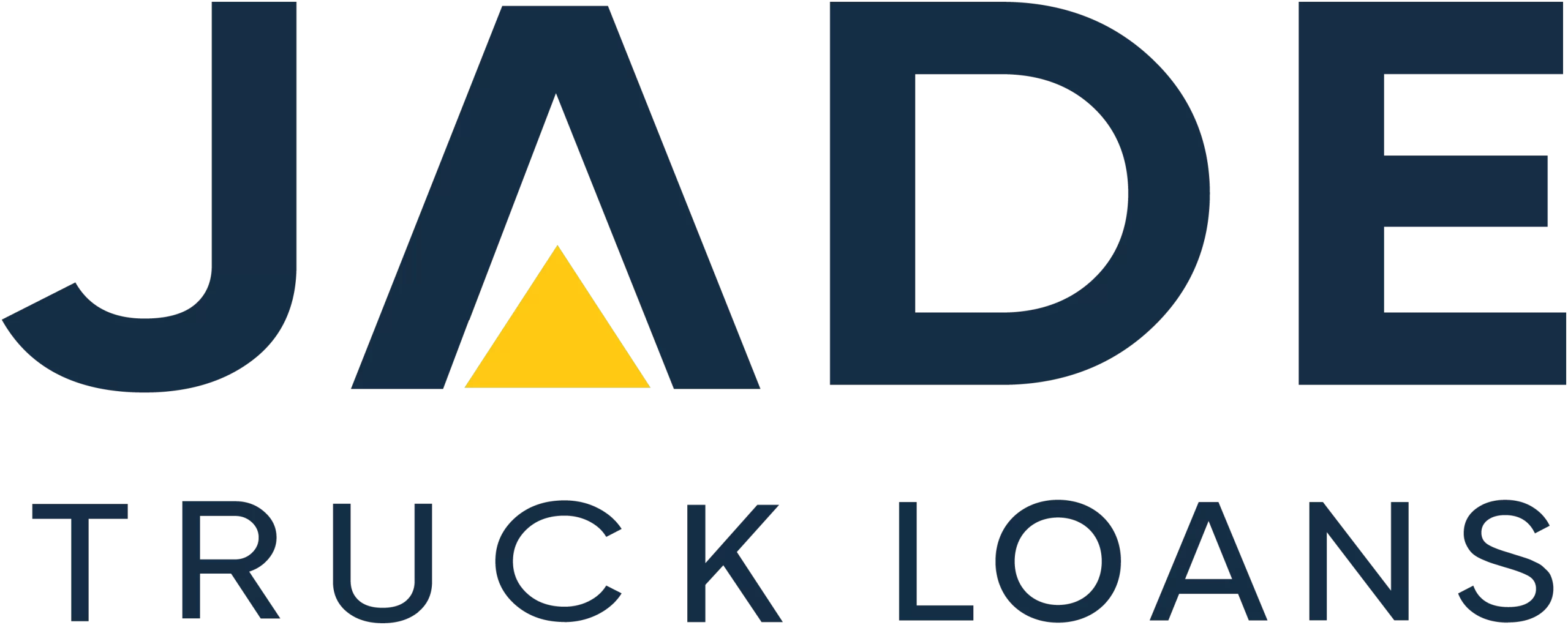The Federal Election, held on May 21st, has ushered in a change of government at the federal level—a notable shift after almost a decade of stability. This change in political landscape might evoke questions among truck buyers regarding potential implications for business activity, the economy, and truck loan rates.
The election took place amidst a complex backdrop, both domestically and on the international stage. Despite the positive trajectory of the economy's recovery from the pandemic, Australia contends with soaring inflation and living costs, exerting pressure on both businesses and households. Concurrently, persistent supply chain disruptions and geopolitical tensions, such as the situation in Ukraine, have contributed to economic uncertainties. Furthermore, the Reserve Bank of Australia's decision to raise interest rates has introduced an additional element that might prompt businesses contemplating investments, including new assets like trucks, to exercise caution.
In our comprehensive coverage, we address several post-election aspects relevant to the trucking sector and those considering the acquisition of new vehicles. By examining these factors in light of the election's outcome, businesses can glean insights to navigate the evolving landscape with informed decision-making.
Industry Response
In a statement posted to the association’s website, the Chief Executive of the Heavy Vehicle Industry Association (HVIA) Todd Hacking, congratulated Labor on the election result and said that it had presented policies to potentially revitalise manufacturing in Australia.
Mr Hocking said that the association looked forward to working with the government in addressing the concerns of the industry and discussing the association’s roadmap. He highlighted the issues which are critical challenges including the skills shortage, supply chains, inflation, fuel and others.
Change in government may result in a shift in support or focus on different industry sectors. This may present improved prospects for some businesses and motivate operators to invest in new equipment and vehicles.
Interest Rates
An overarching concern for businesses at large, particularly those with plans for new vehicle acquisitions, revolves around how the election outcome might influence interest rates. While interest rates across lending markets are primarily driven by decisions made by the Reserve Bank of Australia (RBA), it's worth noting that shifts in the economy stemming from government policies can indirectly shape RBA decisions.
It's important to emphasize that the RBA operates as an independent entity, distinct from a government department. The RBA Board makes determinations on altering the official cash rate based on its evaluation of prevailing economic indicators and future projections.
Monetary Policy, under the purview of the RBA, is established through mechanisms such as setting the cash rate and implementing a Government bond-buying initiative. Fiscal Policy, on the other hand, falls within the government's realm and involves budgetary measures and policies.
The RBA's decision-making process is anchored in assessing vital indicators, including inflation, unemployment, and wage growth. Additionally, the RBA takes into account global factors that could exert impact, such as ongoing pandemic issues in specific countries—especially China—supply chain disruptions, and geopolitical tensions like the situation in Ukraine, as previously discussed. Understanding these intricate relationships is crucial for businesses and individuals seeking to comprehend how election outcomes can interplay with interest rate dynamics and shape the economic landscape.
In the early stages of the pandemic, April 2020, and later in that year, the RBA cut the cash rate to a record historic low. That low rate remained through 2021 making lending extremely accommodative. Aka – low interest rates on many loans including heavy vehicle products.
But as the economy bounced back, unemployment dropped to the lowest rate in several decades and inflation surged, the RBA has begun to act in normalising the cash rate. The first rise came at the RBA Board’s May meeting and further rate rises are expected in the near future.
Governments can take some time to implement new policies and it can be an even longer time for an economy to change as a result of a change in policy. The new Federal Treasurer, Jim Chalmers, did note during the election campaign, that if elected, he would release a new Federal Budget or mini-budget later in 2021. What that may include and how it may impact business decisions - we will have to wait for the announcement.
Truck Loans and Truck Finance Rates
The election result will not impact:-
- Existing truck loans – the fixed rate, repayments and loan term remain in place.
- Range of truck loan types – the structure and features of Truck Leasing, Chattel Mortgage, Rent to Own and Commercial Hire Purchase remain completely unchanged.
- Loan application criteria – the requirements for truck finance remain the same for fully-documented loans, no docs and low docs truck loans and bad credit loan.
- Loan applications currently being processed by Jade Truck Loans will progress as and per schedule.
Truck loan interest rates are set by our individual lenders based on the RBA cash rate and the specific guidelines of each bank or lender. Lenders respond to the independent decisions of the RBA Board which meets monthly to decide on any changes to the cash rate.
It is expected that the RBA will act again, possibly at the 7 June meeting, to further raise the cash rate as it proceeds with normalising the cash rate. This was pre-empted in the Board’s May statement which said that further increases would be required to return inflation to target range.
Despite government policies and RBA decisions, Jade Truck Loans will always seek to achieve the cheapest interest rate truck loans for our customers.
Contact Jade Truck Loans on 1300 000 003 to discuss your truck finance requirements.
DISCLAIMER: THIS INFORMATION IS ISSUED PURELY FOR THE PURPOSE OF GENERAL INFORMATION PROVISION. IT IS NOT TO BE TAKEN AS THE ONLY SOURCE OF INFORMATION FOR BASING FINANCIAL DECISION-MAKING. THOSE REQUIRING FINANCIAL GUIDANCE AND ADVICE SHOULD CONSULT WITH THEIR FINANCIAL CONSULTANT OR ADVISOR. NO LIABILITY IS ACCEPTED FOR ANY MISREPRESENTATION OF POLICIES, DATA OR ERRORS IN THIS CONTENT.


